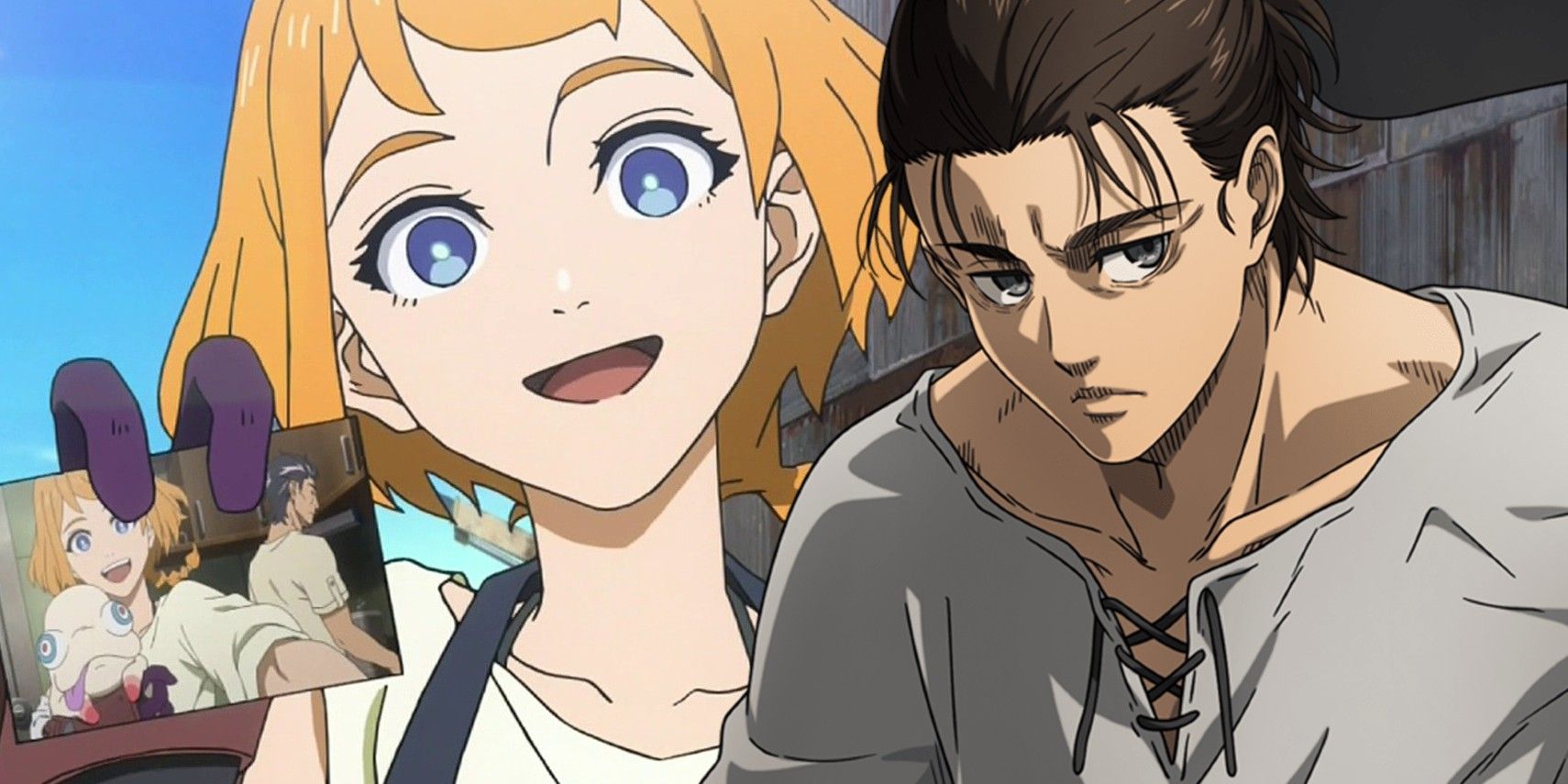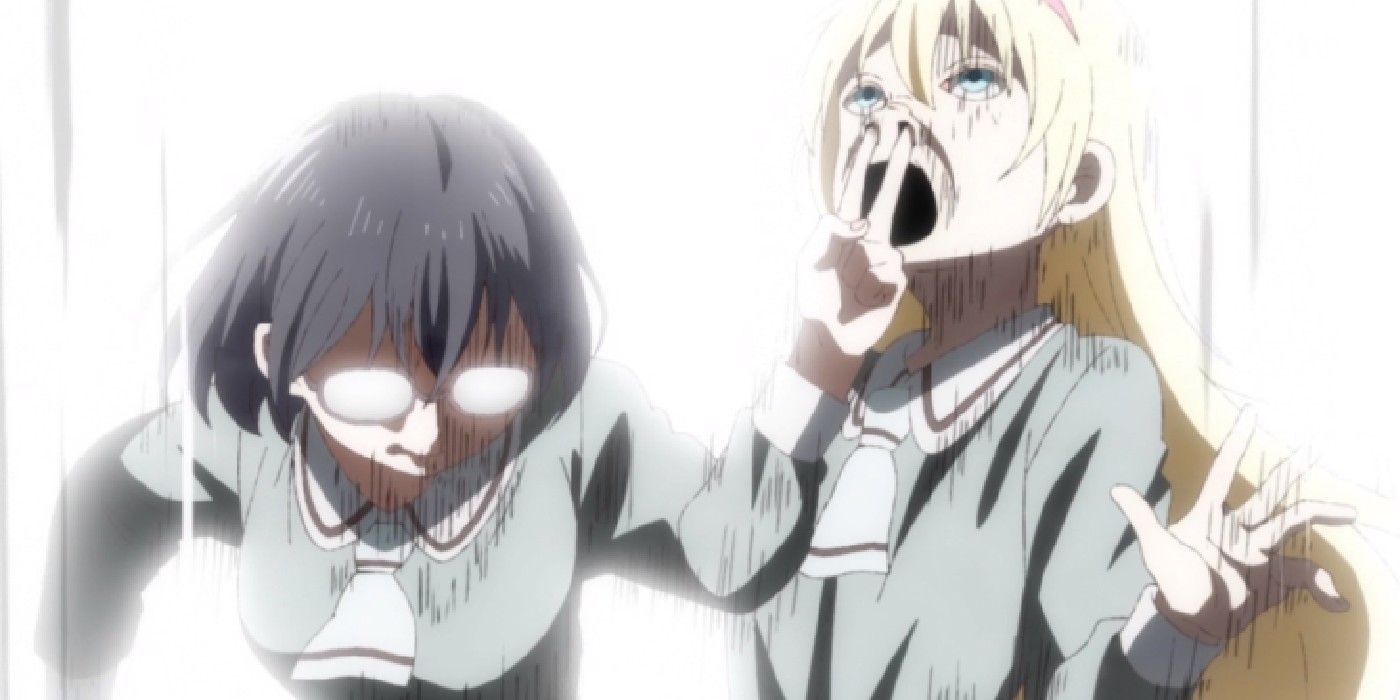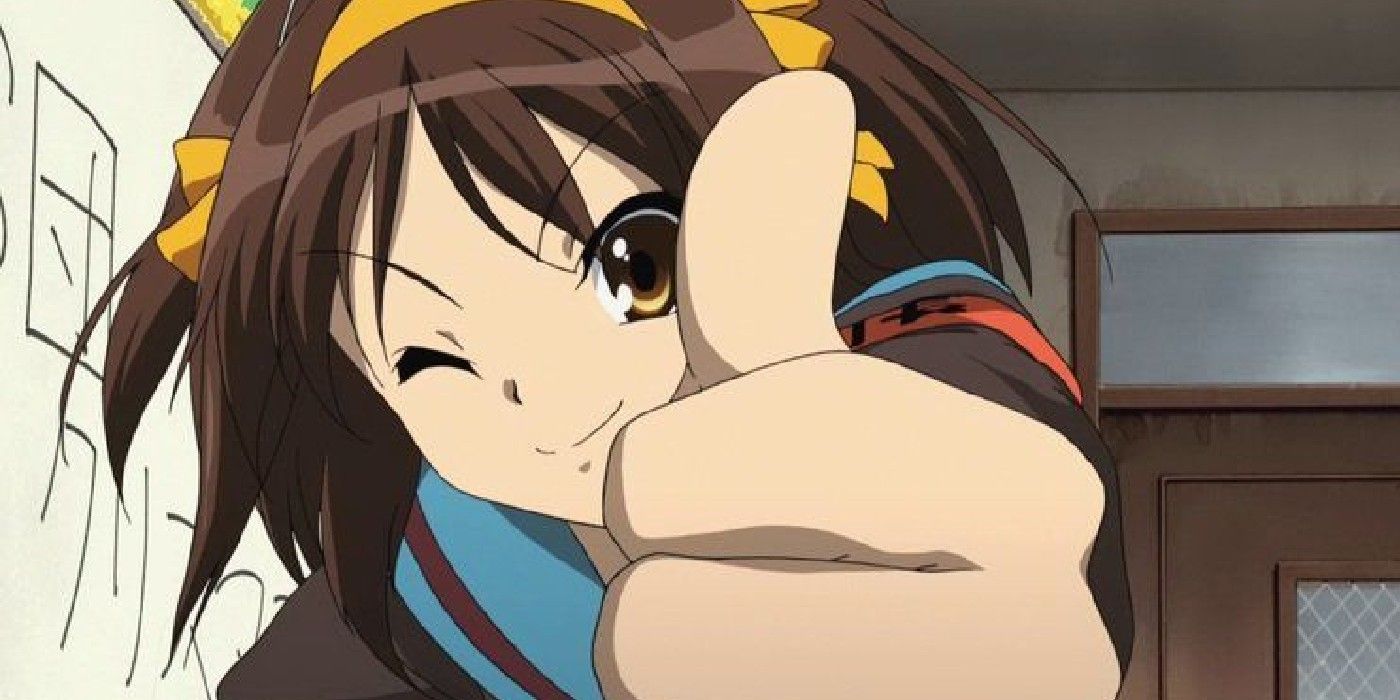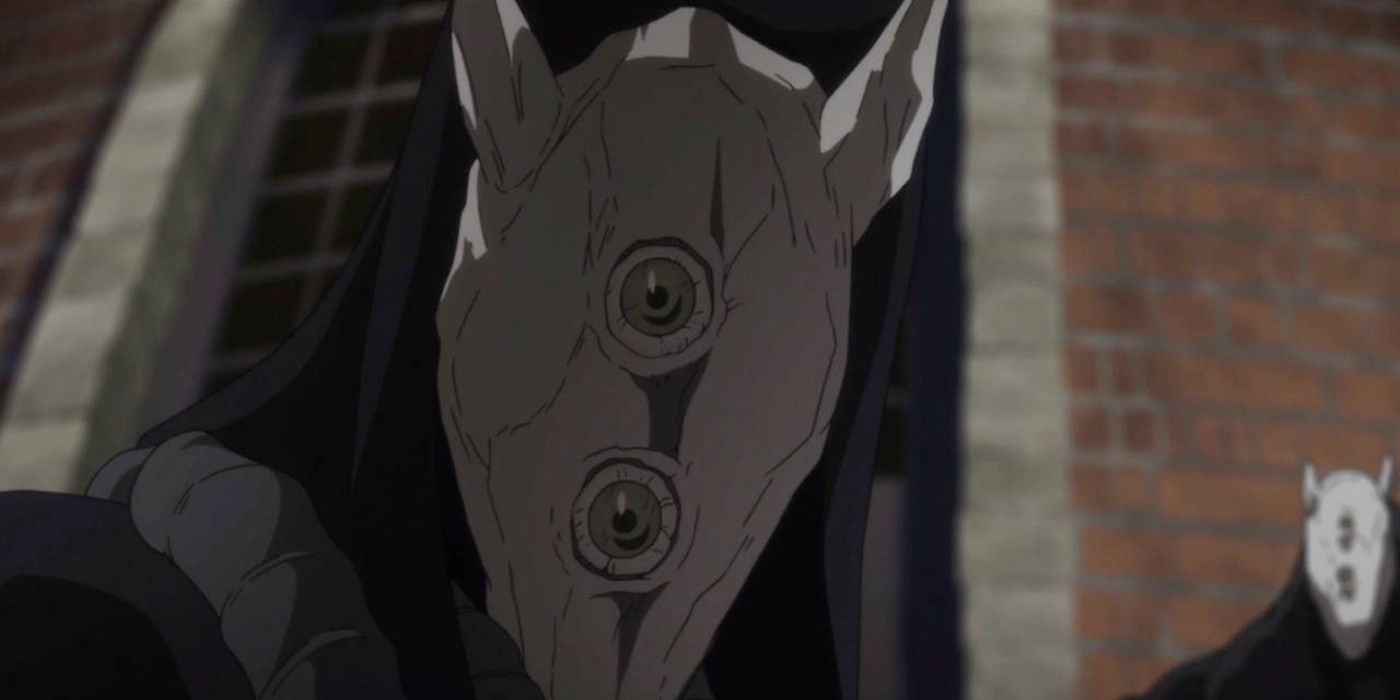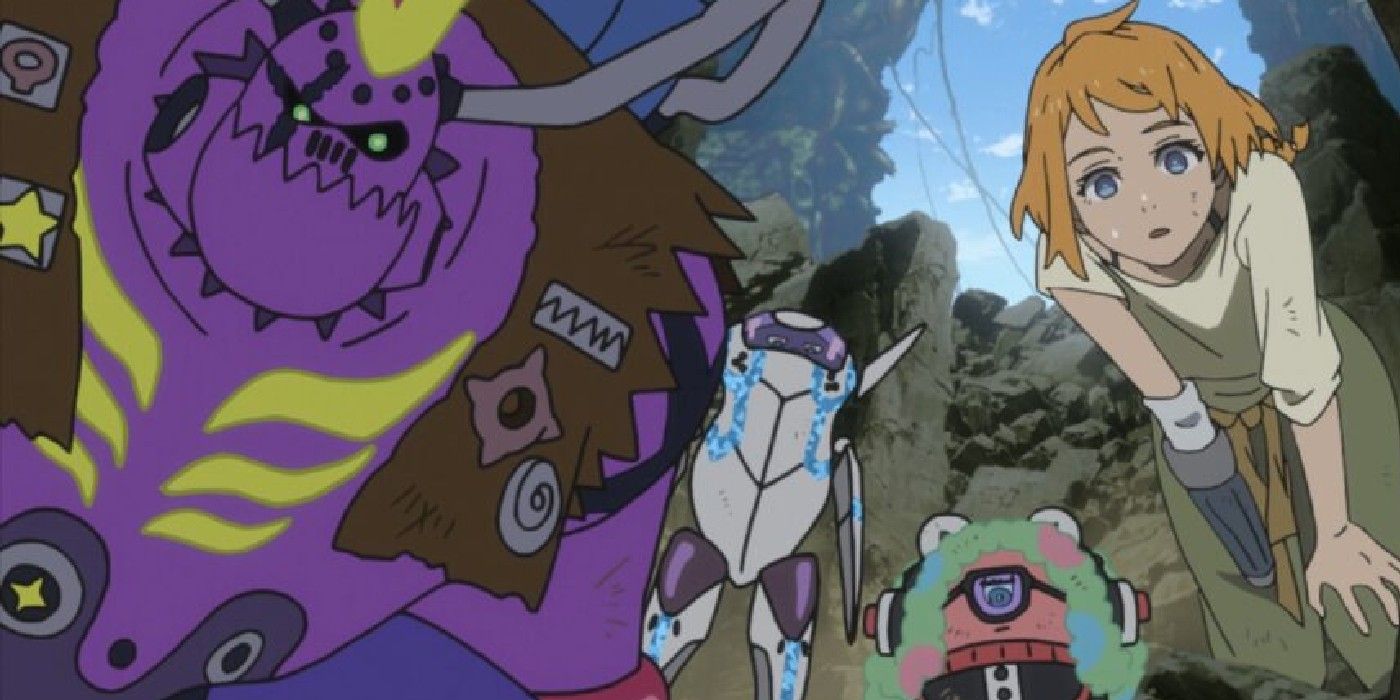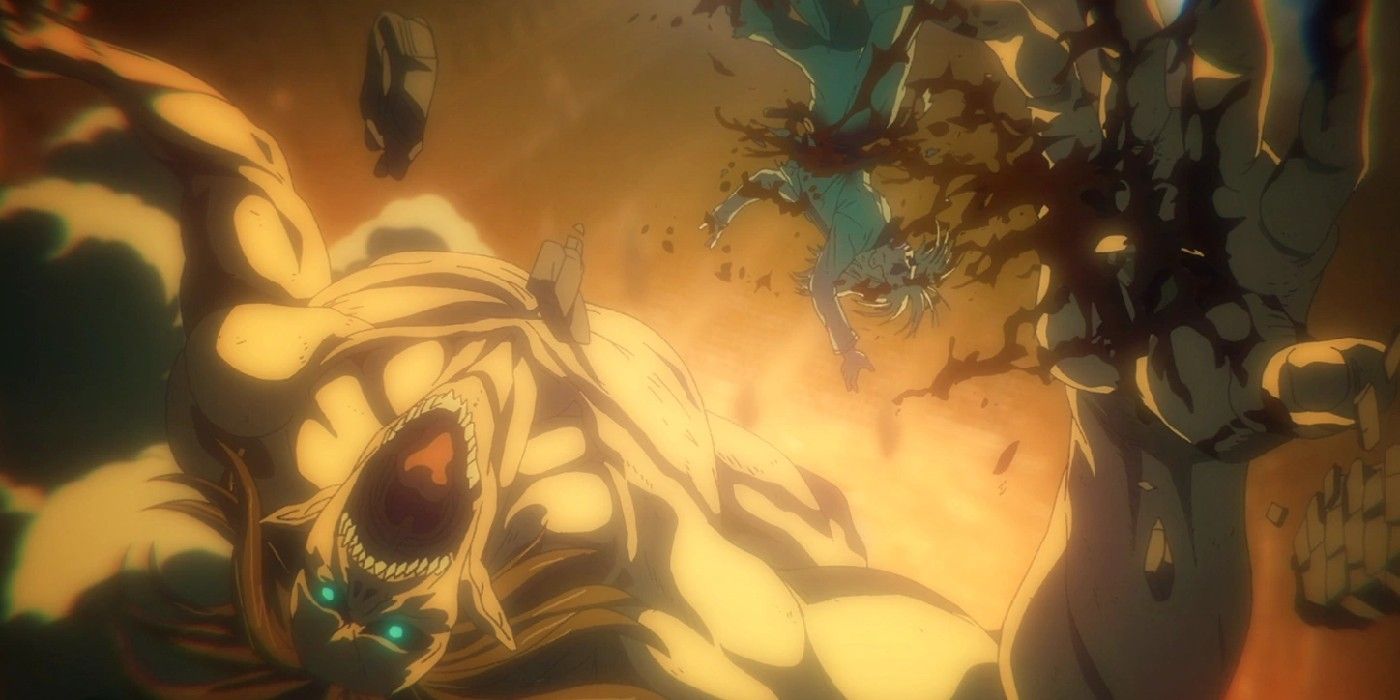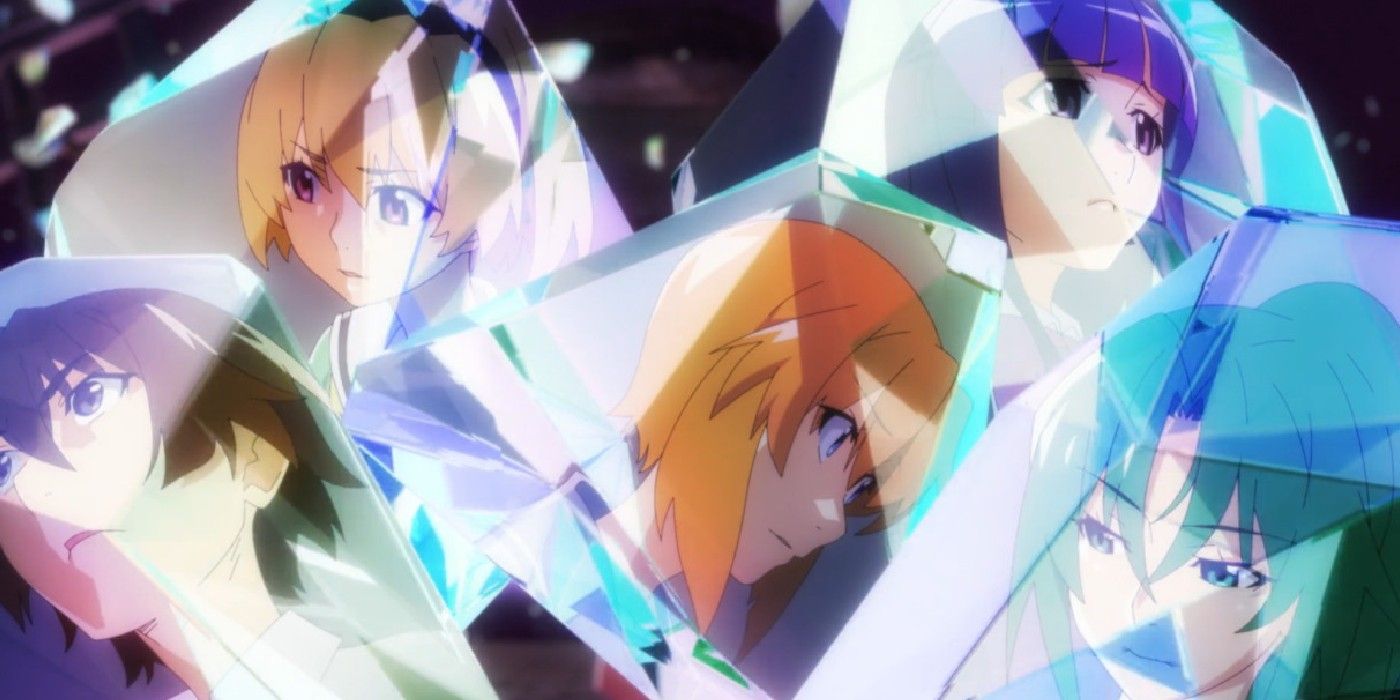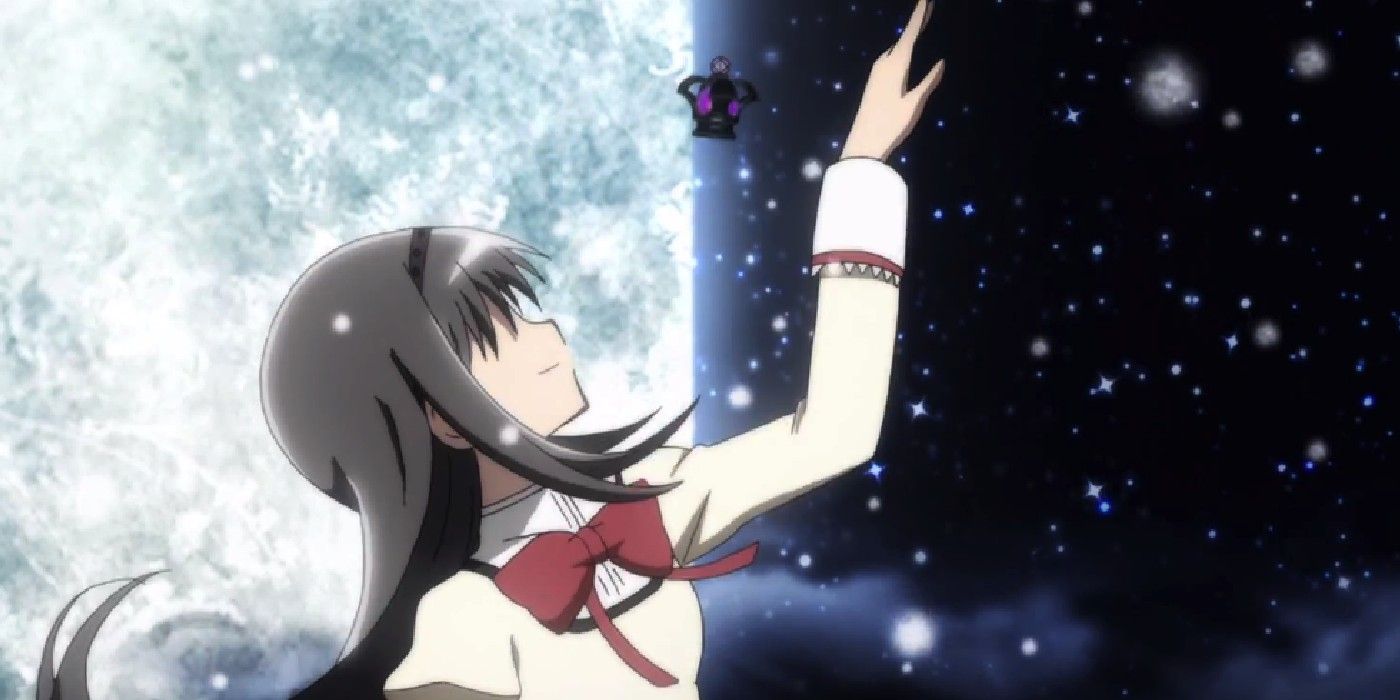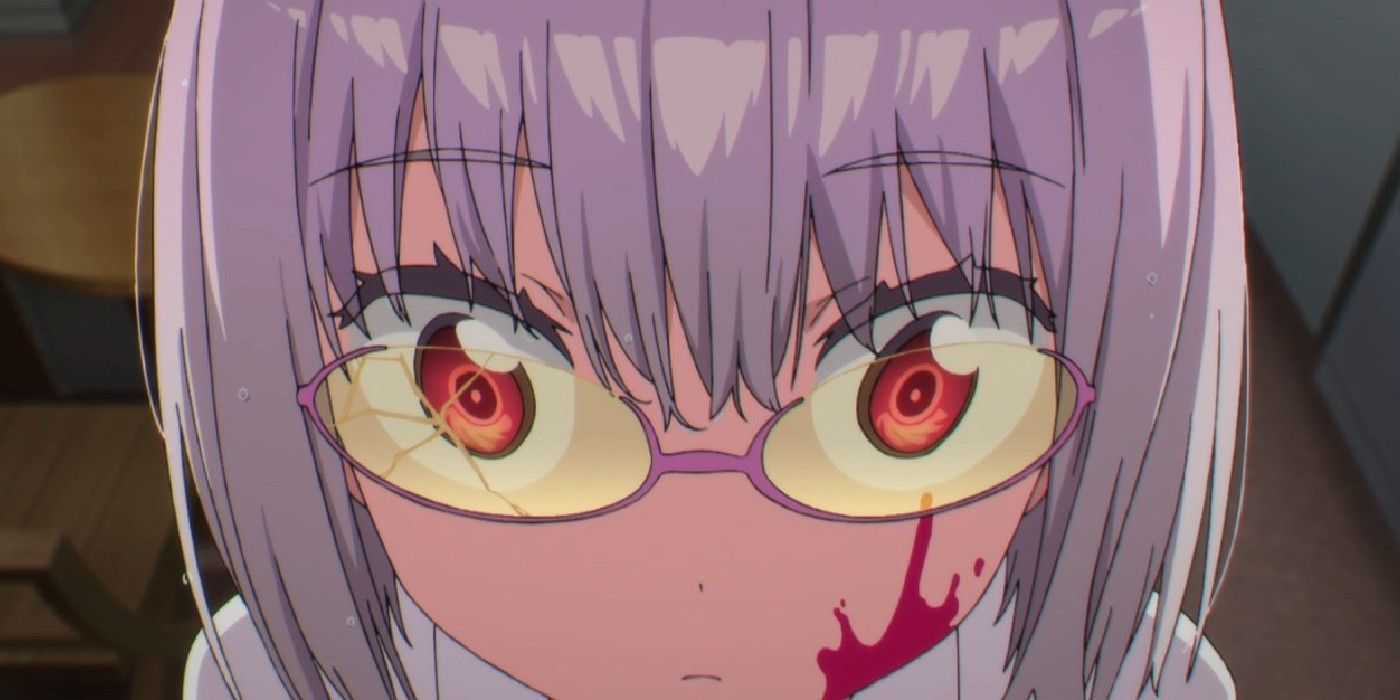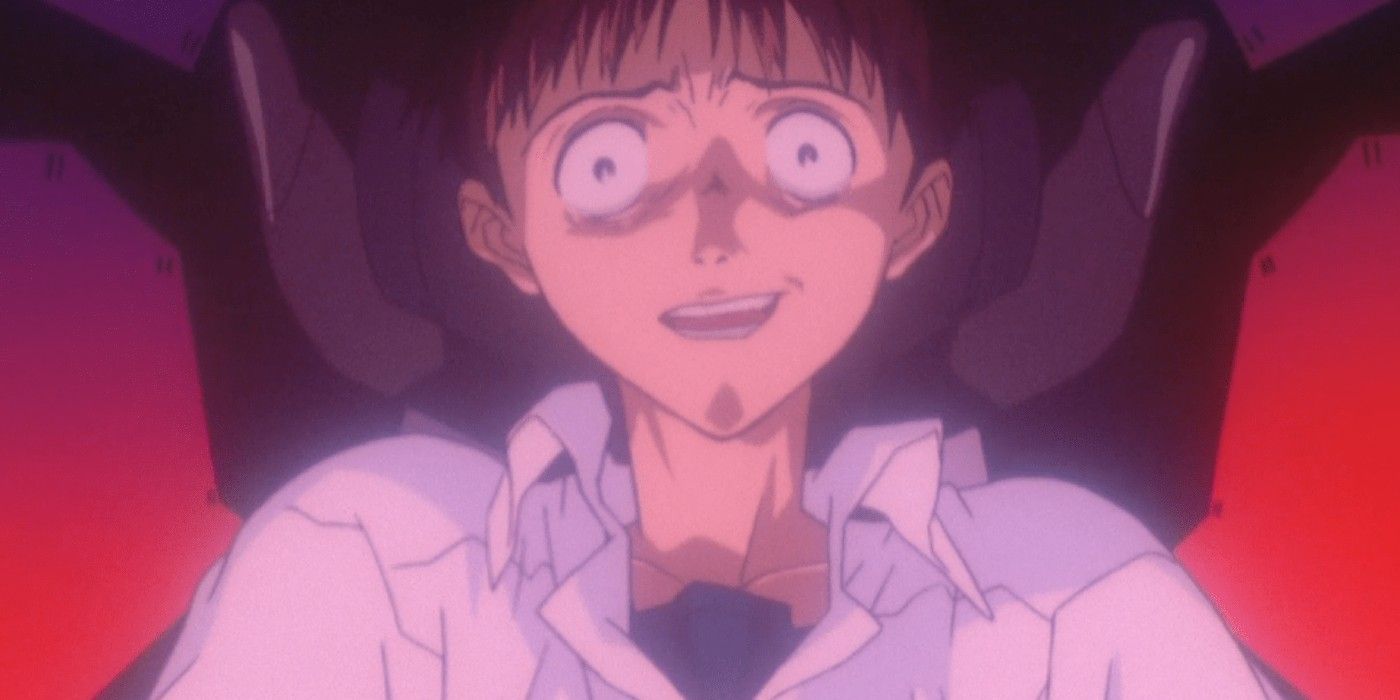Plot twists are just one of many things that make the best anime even better, but there are some twists that are a lot bigger and more earth-shattering than revealing a character's betrayal or their closely guarded secret.
At times, some anime's big bait-and-switch is when the plot goes in a completely different direction from what fans are led to believe. Regardless of what the TV previews, production interviews, or first episodes may have suggested, these anime gave audiences a lot more than they bargained for in the most unexpected ways.
WARNING: Spoilers ahead.
10 Asobi Asobase Is Really About Three Chaotic Girls' Hijinks
With its cute and whimsical opening song and promotional images, Asobi Asobase was easily mistaken for another slice-of-life anime about schoolgirls doing cute stuff. No one was prepared for what the anime really was, namely one of the wildest and loudest anime comedies to hit the scene since Pop Team Epic.
Asobi Asobase chronicled the misadventures of the Pastimers Club, where literally every one of their attempts to fend off boredom ended in slapstick violence and lots of shouting, most of which was done by Hanako. Asobi Asobase gained the hilarious reputation of being one of the most deceiving anime of all time, but nobody was mad about the switcheroo.
9 The Melancholy Of Haruhi Suzumiya Is Really About Keeping A Reality-Warping God In Check
While far from the first, The Melancholy Of Haruhi Suzumiya is still the quintessential modern slice-of-life anime. As such, the SOS Brigade's adventures are what anyone would expect from anime about eccentric high schoolers. To wit, Haruhi bossed her friends into getting into all kinds of hijinks, like making a home movie or going ghost hunting.
However, the series' goals changed with the revelation that Haruhi was a reality warper. If Haruhi got bored or resentful of the present, she could reset reality. Thankfully, she's oblivious to her powers. The anime isn't just about growing pains or the Brigade keeping Haruhi entertained at all costs, but the fantastical, existential, and emotional consequences of her unintentional self-centeredness.
8 Your Name Is Really About Time Travel & Love Defying Fate
When it was advertised, the highly regarded Your Name looked like a fun animated take on the familiar body-swap and romantic-comedy stories. For the most part, that was exactly what the movie was. Taki and Mitsuha would wake up as the other person and get themselves wrapped up in silly gender-bent shenanigans while learning about each other.
But when Taki tried to call Mitsuha, he found out a harrowing truth: Mitsuha and everyone in her village died three years before. The body-swapping was actually a form of time travel, and Your Name switched gears from a fun comedy about young love to a desperate race against time and destiny to save Mitsuha and her hometown.
7 The Promised Neverland Is Really About Escaping A Demonic Slaughterhouse
With a pilot episode set in the idyllic orphanage Grace Field House, The Promised Neverland gave the impression that it would be a historical slice-of-life drama about growing up. This couldn't be farther from the truth, which was revealed in the episode's harrowing last minutes. In truth, the orphanage is a breeding ground for prime meat in the form of unsuspecting children.
The world of The Promised Neverland is ruled by monsters only referred to as Demons, and their main source of food is human meat. It just so happens that smart children taste the best, and that's why Emma, Norman, Ray, and the others are pampered from birth. The anime then turns into a tense escape story, where failure surely means death.
6 Deca-Dence Is Really A Rebellion In A Post-Apocalyptic Cyberpunk World
Based on first impressions alone, Deca-Dence didn't have much going for it. The anime looked like yet another Attack On Titan clone, right down to a hot-headed teen protagonist in Natsume, humanity's last bastions hiding in a fortress, and giant monsters that can only be killed by soldiers equipped with specialized gear.
The truth is that this generic post-apocalyptic world is actually the setting of a video game for post-human people who uploaded their minds into a space station above Earth. Natsume's people are essentially NPCs, and her mentor Kaburagi is one of the cyborgs playing in it. After the reveal, Deca-Dence focuses more on Kaburagi's quest for redemption than Natusme's crisis.
5 Attack On Titan Is Really About Stopping A Potential World War
Attack On Titan isn't just one of the biggest anime phenomena of recent memory, but it's also the proud owner of one of the most mind-breaking plot twists of all time. For the longest time, audiences and the Survey Corps believed the anime to be humanity's last stand against the Titans, only to find out that it barely mattered in the grand scheme of things.
Not only were there modern civilizations living beyond the walls, but Paradis Island was a penal colony populated by Eldians, a group of people so marginalized that the world would rather see them dead. Attack On Titan dropped its post-apocalyptic trappings in the final season to become a full-fledged war story, where global annihilation was a lingering threat.
4 Higurashi: When They Cry Is Really About A Purgatorial Time Loop
To say that Higurashi has a lot of layers is an understatement. On the most surface of levels, it was a horror anime with a cast of misleadingly cute characters, which was the norm in 2000s-era horror anime. Beneath that is a disturbing truth in which everyone is stuck in a murderous time loop where they're doomed to kill each other over and over again.
Higurashi then played yet another bait-and-switch ploy with Gou, a sequel series that was advertised as a remake. Gou's real plot focuses on the aforementioned time loop, as some characters have now become aware of its existence. While there are those who want to break the loop, there are some who want to maintain it for dark reasons.
3 Puella Magi Madoka Magica Is Really About Magical Girls' Nightmarish Existence
Based on the ads and their first few episodes, Madoka, Sayaka and friends looked like they were in for some fun magical girl adventures. But just three episodes in, magical girls started dying and dark truths were revealed, and yet that wasn't all there was to the existentialist deconstruction of magical girls that was Puella Magi Madoka Magica.
The real plot centered on the quiet Homura Akemi, who activated a time loop in a desperate attempt to save Madoka from death or stop her from ending the world as a Witch. Helping the ruse was head writer Gen Urobuchi, who kept claiming that he wanted to tell a heartwarming story after he killed off almost everyone in Fate/Zero.
2 SSSS.Gridman Is Really About Saving Someone From Depression
SSSS.Gridman was obviously part of the Gridman The Hyper Agent (or Superhuman Samurai Syber-Squad to Americans) franchise, and it was welcomed by nostalgic fans as an animated reboot. That said, this tokusatsu throwback was a lot deeper than just being the sequel to its live-action forerunners.
The real focus of SSSS.Gridman isn't the eponymous hero or his allies, but the antagonist Akane Shinjo. The anime is a prison of Akane's making, and she threw herself in it to escape the harshness of the real world. A rewatch makes it clear that the anime is really about helping Akane overcome her demons, not Gridman's long-awaited return.
1 Neon Genesis Evangelion Is Really A Psychological Deconstruction Of Escapism
Neon Genesis Evangelion was not the first deconstruction of a mecha anime, so its dark and serious reinterpretation of a typical tokusatsu plot wasn't shocking. What took people by surprise, however, was how it transcended the genre and animated medium to become an abstract examination and reflection of showrunner Hideaki Anno's self.
Whether this was intentional or not is still up for debate. Evangelion was a straightforward deconstruction until the halfway point, which was when Anno's mental health took a turn for the worse. Anno's troubles and recovery directly influenced the anime and movies, meaning neither he nor audiences knew where Shinji Ikari's story would go until the last minute.

